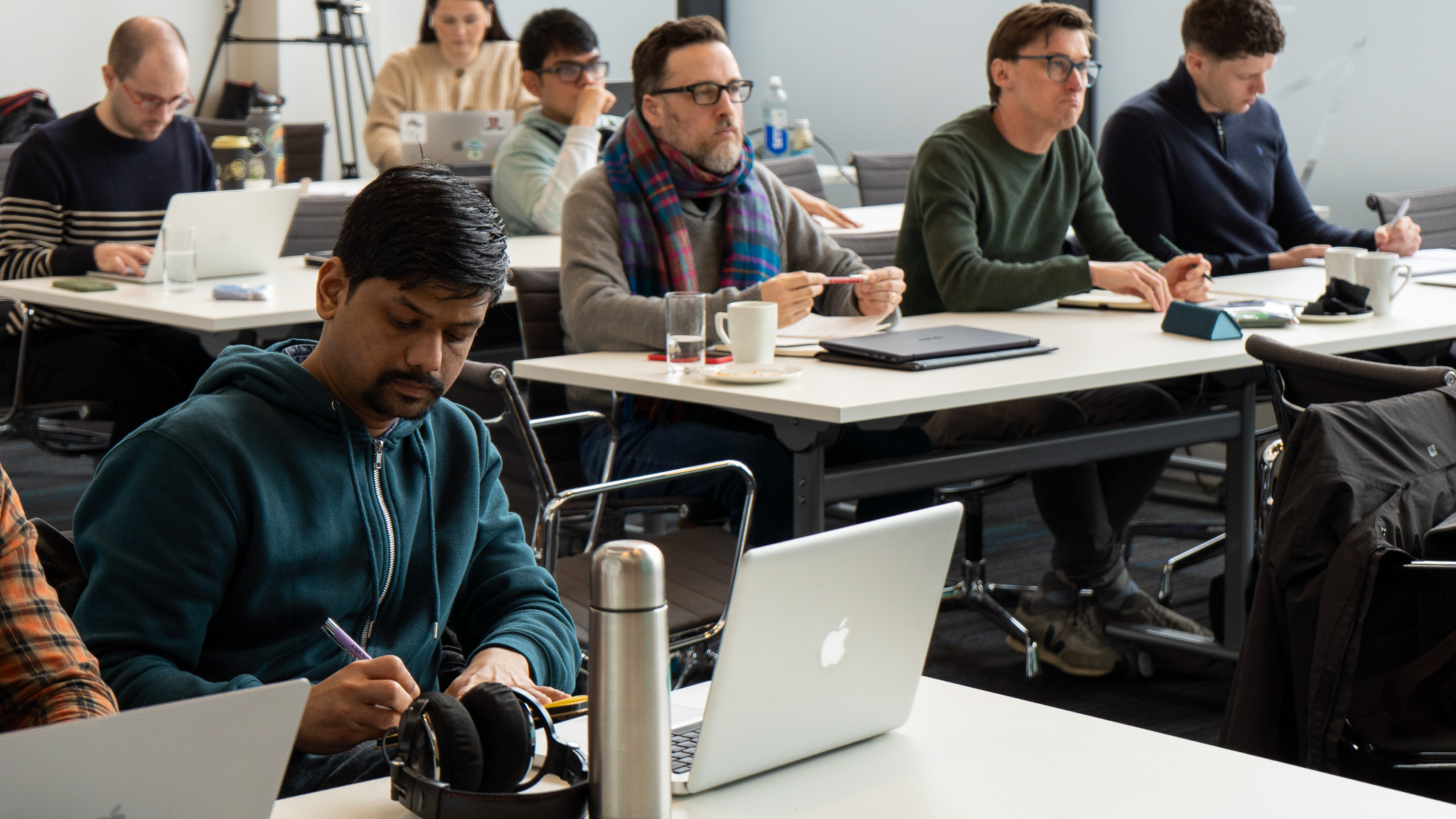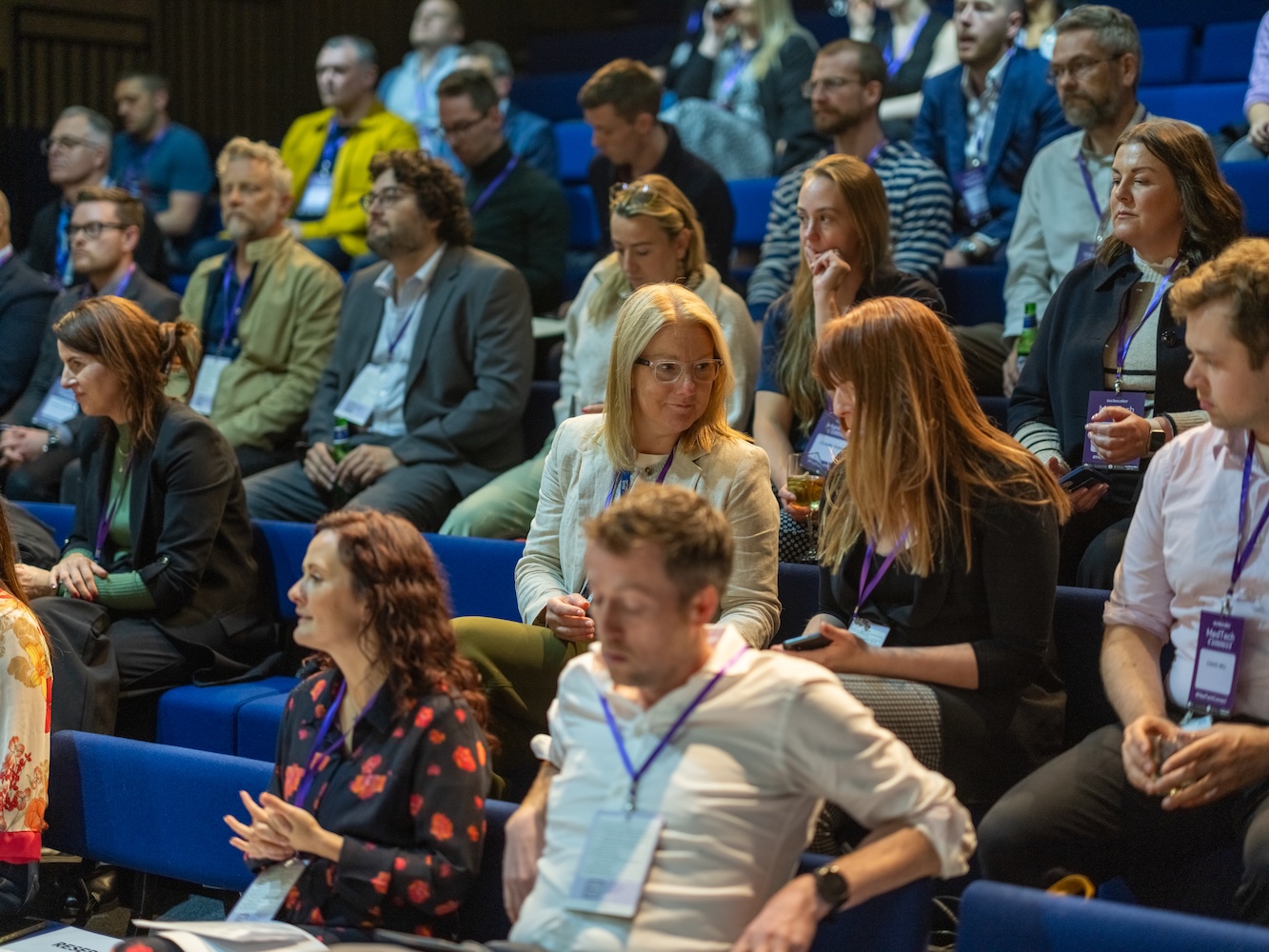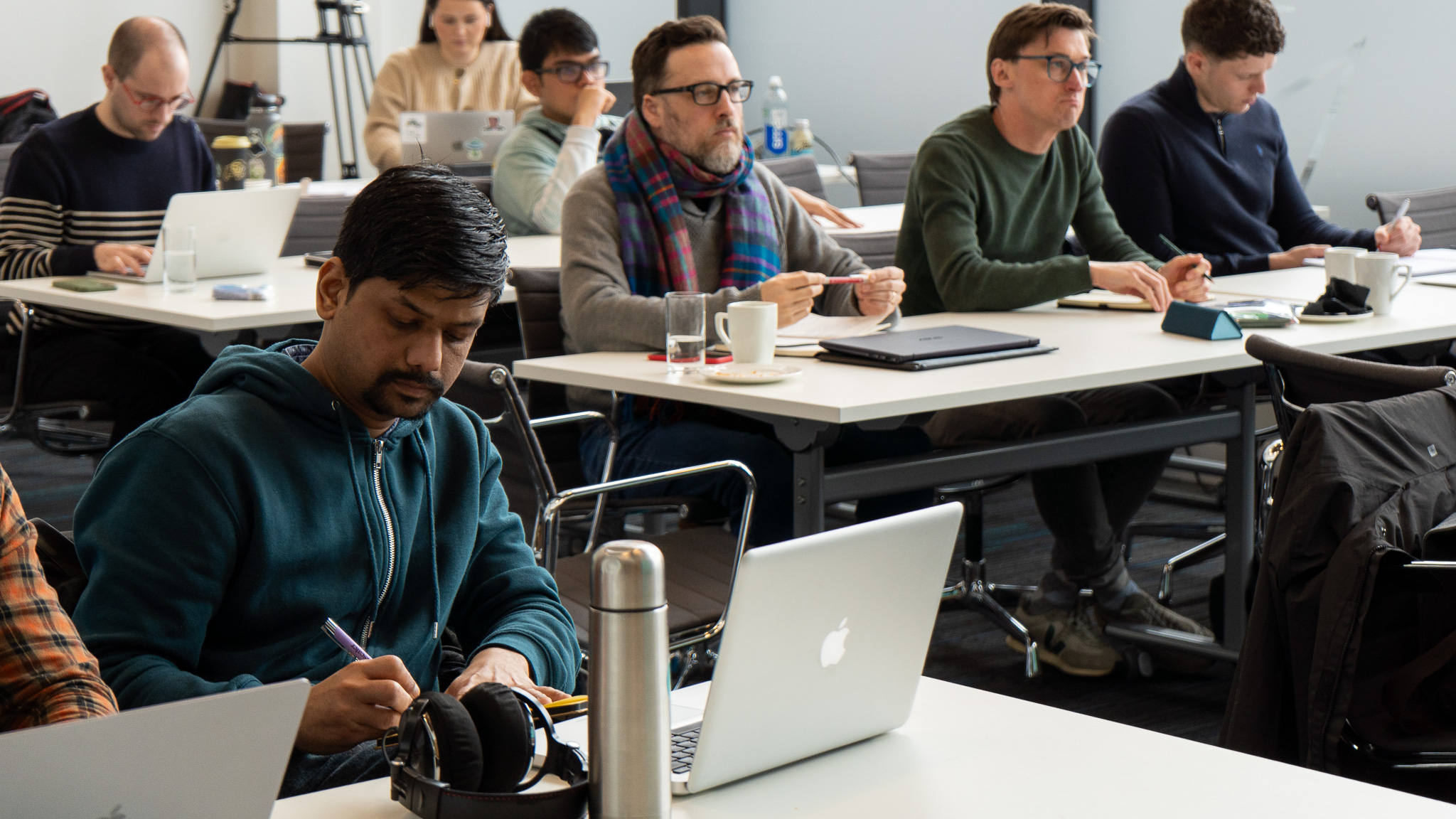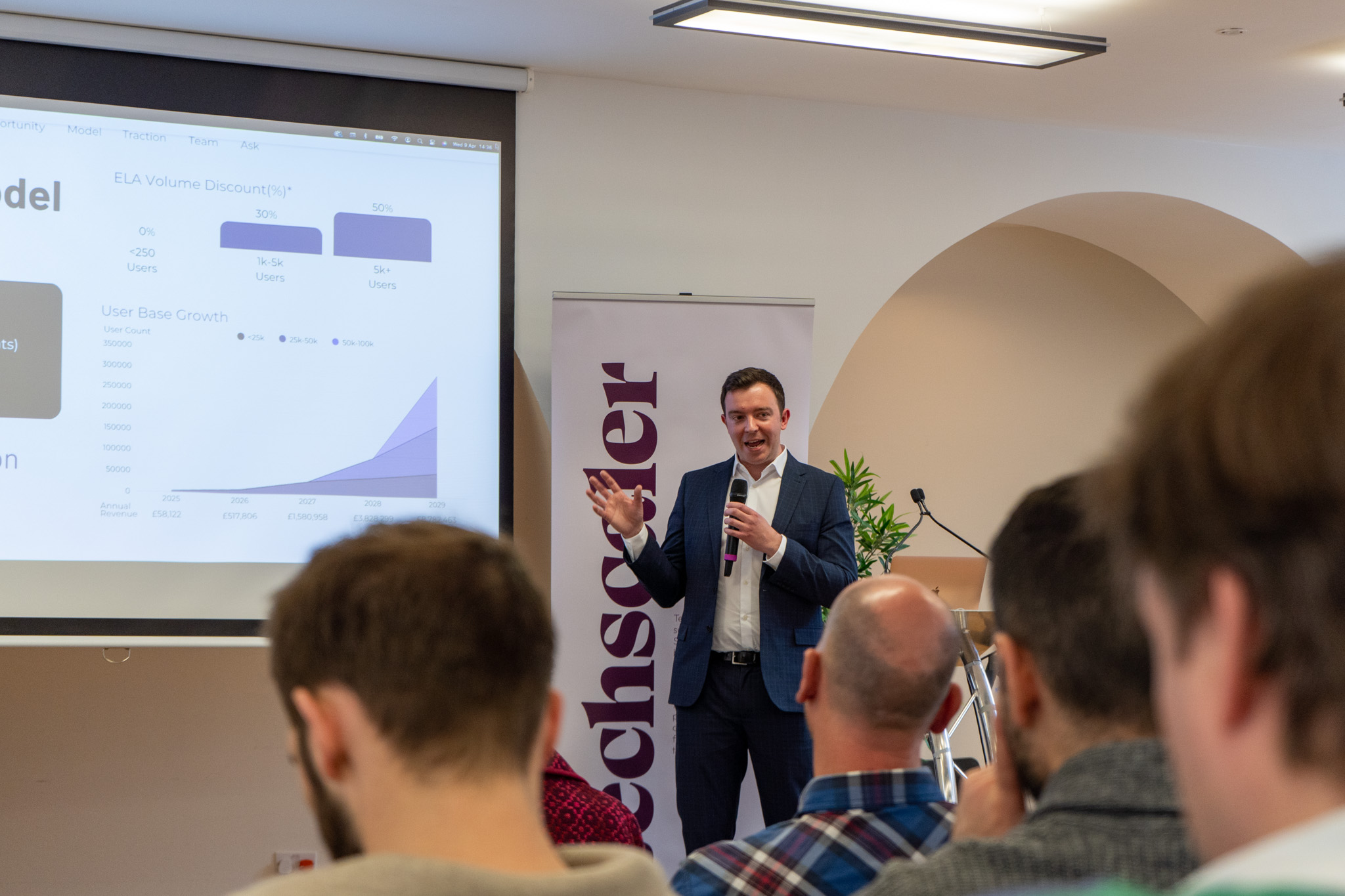Destigmatising Failure and Building a Supportive Community for Startup Success
Founding a startup is an incredibly challenging experience. It requires dedication, hard work, and often a considerable amount of financial investment. But even with these requirements, many startups - around 95% - will ultimately fail. While it can be difficult to reconcile the idea of failure with the hard work and investment put into a venture, it is important to remember that failure is a normal part of the process.
In fact, we prefer not to frame the ending of a startup as failing. By acknowledging it’s time to move on from your startup, you’ve actually succeeded in making a decision to do so and identified the right thing for you. Instead, we see it simply, for example, as the closing of a company - and that can happen for many reasons including a business model which may not have worked, regulatory and legal challenges, no market need for the product or lack of understanding of the customer or, most likely, running out of cash. The latter tends to happen due to another aspect of the business plan failing, however. If there is no market need, for example, then no customers will want to buy the product, and no cash will then be fed into the business.
The only real failure we see is the failure to adapt to the changing circumstances of a growing startup, an environment which can be chaotic and requires a lot of pivoting based on funds available, customer feedback and more. If founders are able to adapt to customer demands and manage a successful product, the top reasons for startups “failing” are less likely to happen. Sometimes things happen, however, which are out of the founders' control. No matter how hard they work or how right their product might be for their customer base, it just doesn’t succeed in the end.
Working within the tech ecosystem and meeting startup founders on a daily basis, we have found there is a growing recognition of the need to humanise and normalise failure. If you do fail, you're not starting from scratch, you're starting from experience. Rather than seeing failure as a catastrophic event, it is essential to reframe it as an opportunity to learn and pivot. We all make mistakes and mistakes don’t necessarily equal failure. We’re human, after all.
It is also important to recognise that failure takes many different forms. While venture capitalists may celebrate and even encourage failure as a way to balance their portfolios, founders experience a far more personal and lonely sense of failure. For many founders, their startup represents a significant investment of not just time and money, but also their sense of self-worth. Failure can feel like a devastating blow, and it is important to acknowledge and support those who are going through this difficult experience.
One way to address the challenges of failure is by building a community around startups which acknowledges that “startup founder” is not the only significant role within organisations. By giving people the opportunity to try roles which are more suited to them and their personal circumstances, we can minimise failure.
Normalising failure is really important too. When it becomes the cultural norm for people to try, not succeed with their initial plan, and move on from that, then the ecosystem is able to drive more successful ventures and not fake success because we’re trying to hide failure. Some companies raise a huge amount of money and have an endless runway, but are unlikely to ever actually create anything. Don’t compare your successes to others when the truth might not be as apparent as you think.
Ian Martin, Head of Startup Experience at CodeBase, notes that “not everyone should be a founder, but there is a role for many people in a startup. Making decisions and being really truthful to yourself as to what your situation is is so important.” By building a community that recognises the value of these different roles, we can help people find their place within the ecosystem. This community can also provide support and guidance to founders and other stakeholders when things don't go as planned.
Ultimately, it is important to recognise that failure is not the end of the road for a startup. It is a natural part of the process, and founders who can learn from their mistakes and pivot their approach are often able to find success in the long run. By destigmatising failure, building supportive communities, and helping people find their place within the startup ecosystem, we can create a more resilient and successful tech industry.
Find out more about the Techscaler community and apply for membership today.


.png)





.jpg)





-2.jpg)














.png)

.png)






.png)
.png)
.png)

.png)
.png)



